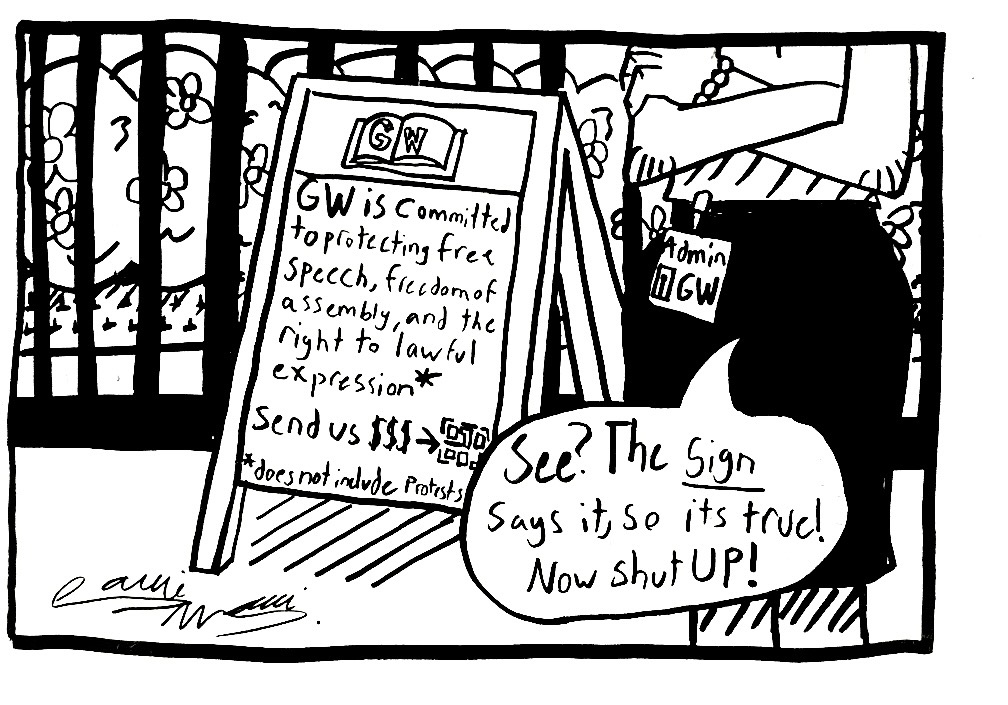When George Floyd was brutally murdered by a police officer in Minneapolis, Minnesota, less than three weeks ago, the world erupted in righteous anger. The event prompted not only a serious reevaluation of American law enforcement systems built to uphold white supremacy, but it sparked thought-provoking discussions on various social media platforms about racism toward communities of color.
Instagram, in particular, has emerged as an unexpected podium for many to vent, to inform themselves and to publicly project their activism in the Black Lives Matter movement to the world. But the platform is a poor substitute for real activism, and users should be wary of how they consume and disseminate information on Instagram to further a cause.
From my experience, Instagram creates a space for performative, short-lived expressions of activism instead of true efforts to spread meaningful information. There are several facets to Instagram that erode healthy, sustained discussions on social justice issues. For example, the temporary 24-hour stories users can attach to their profile facilitate the share of unretrievable opinions that evaporate a day later, while the Explore page’s algorithm ensures you see posts that will align with your pre-existing partisan lean. The premise of Instagram is based upon sharing photos, not information, which limits how much meaningful knowledge any person can convey in one post.
Instagram also does not hold itself even to the low standards of integrity set by other social media platforms on which users discuss politics. Twitter’s product lead recently announced that the company will test a feature prompting users to actually open an article that may otherwise have been blindly retweeted in an effort to curb misinformation, and Facebook is debuting third-party fact-checking on posts. Instagram has yet to announce any similar steps regarding the spread of information on its platform.
Instagram is driven by photos, making it difficult to be anything but performative. Last week, Blackout Tuesday – which implored Instagram users to post a photo of a black square to show solidarity with BLM – trended on the platform. People had good intentions, but posting a black square further distracted me from the information I could be consuming about BLM or ways I can be active in light of recent events. The trend became a quick way for people to appear as though they’re contributing to BLM without actually taking action.
The platform also became a place where organizations denounced racism but didn’t offer any real information or updates on their internal response to the protests. One magazine posted a series of pictures that placed Bollywood actors’ ads for fairness creams alongside their statements of support for the BLM movement. The post was meant to demonstrate the hypocrisy of denouncing racism while promoting similar sentiments of colorism in India. But there was no accompanying article that might provide users a larger understanding of the distinct differences between colorism in South Asia and racism in the United States, and how even American supporters of the BLM movement might conflate the two. The post made a statement, but it didn’t educate people on the issue behind the photo.
When news of Floyd’s murder began circulating, most of my friends had posted something or another on their Instagram stories, and I joined in a couple of days later. Some helpful posts explained how to be a better ally, some denounced the president’s response to the protests and others included insightful quotes about systemic racism. Still, reposting or sharing on this platform is hardly a reliable barometer of activism. Sure, I skimmed a few posts about how to take action, but I needed a more in-depth article to delineate the steps I can take to start contributing to the movement. We need to look outside Instagram and other short social media posts and educate ourselves on privilege, BLM and other related issues through books, blogs and reputable news outlets.
Posting on your Instagram story shouldn’t supplement real activism. Get off social media and take the time to educate yourself with longer, more detailed posts that flesh out the issues brought to light by these protests.
Shreeya Aranake, a rising junior majoring in history, is a columnist.
Want to respond to this piece? Submit a letter to the editor.


